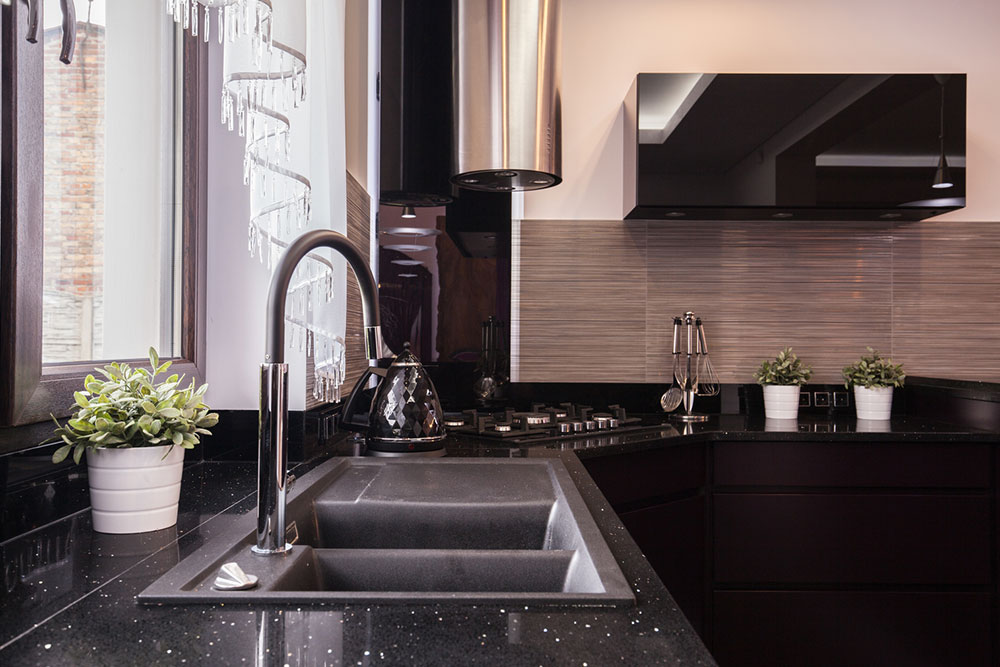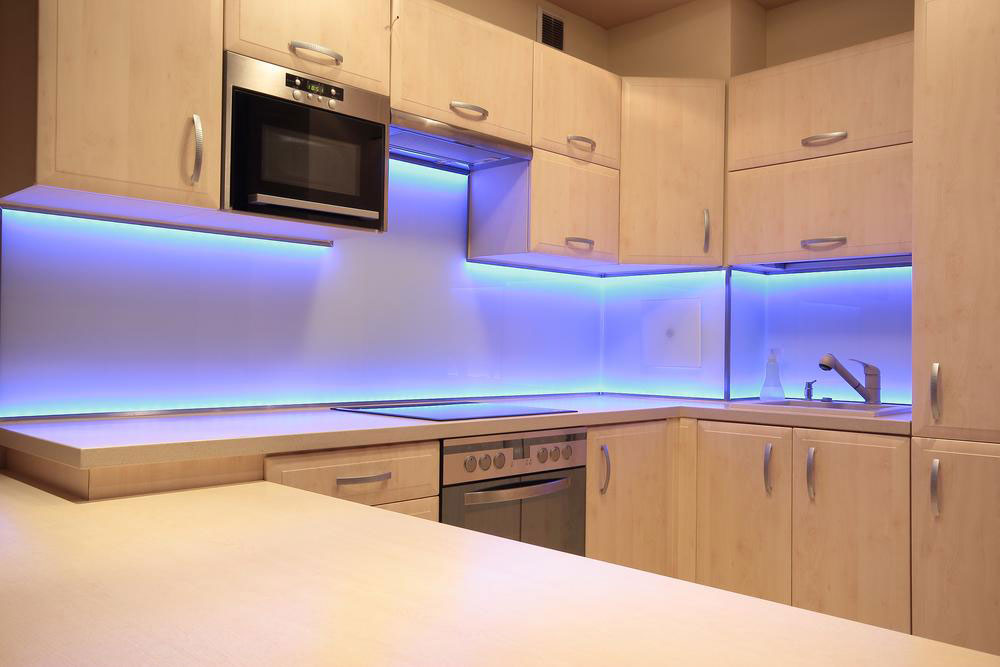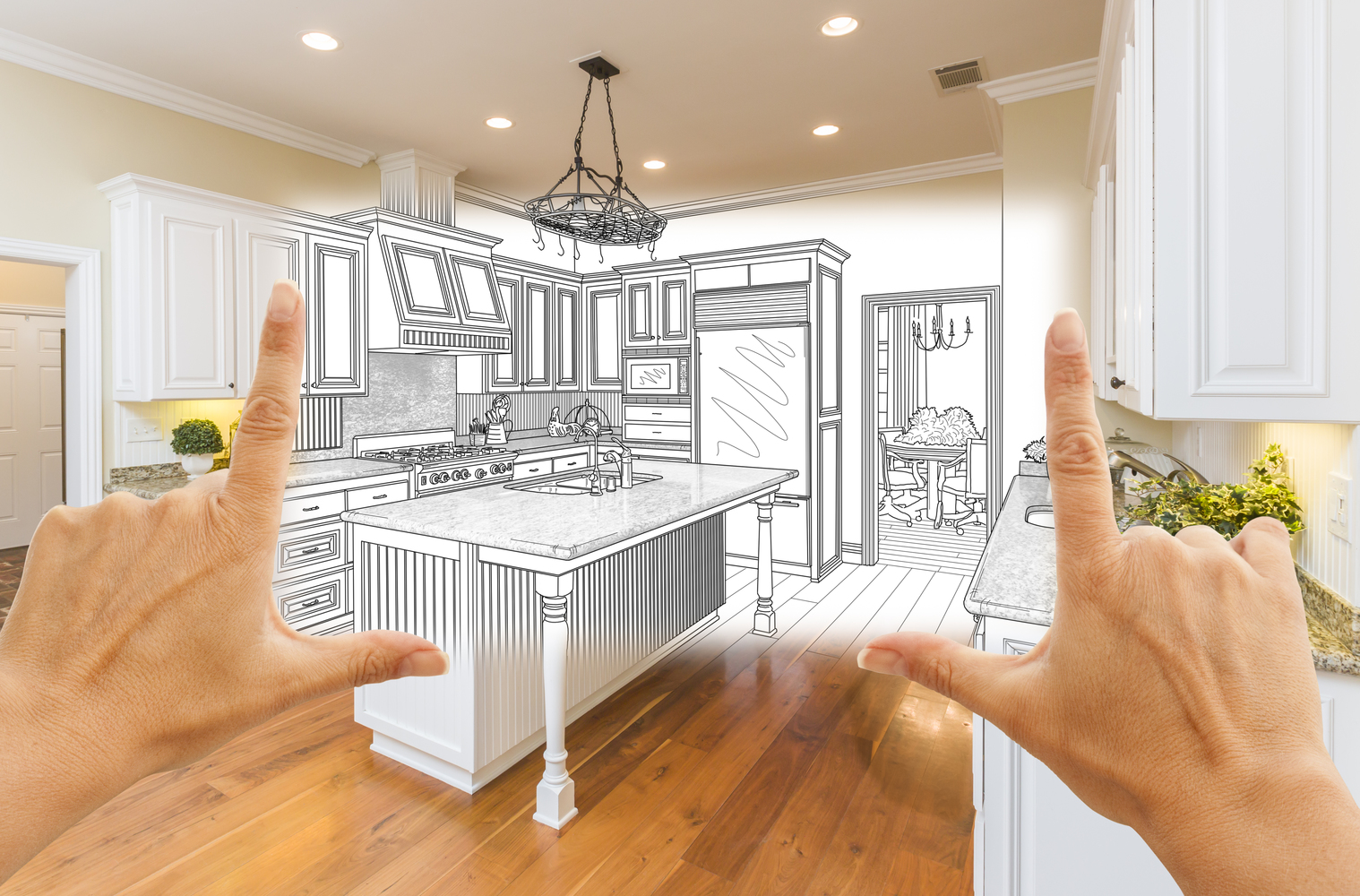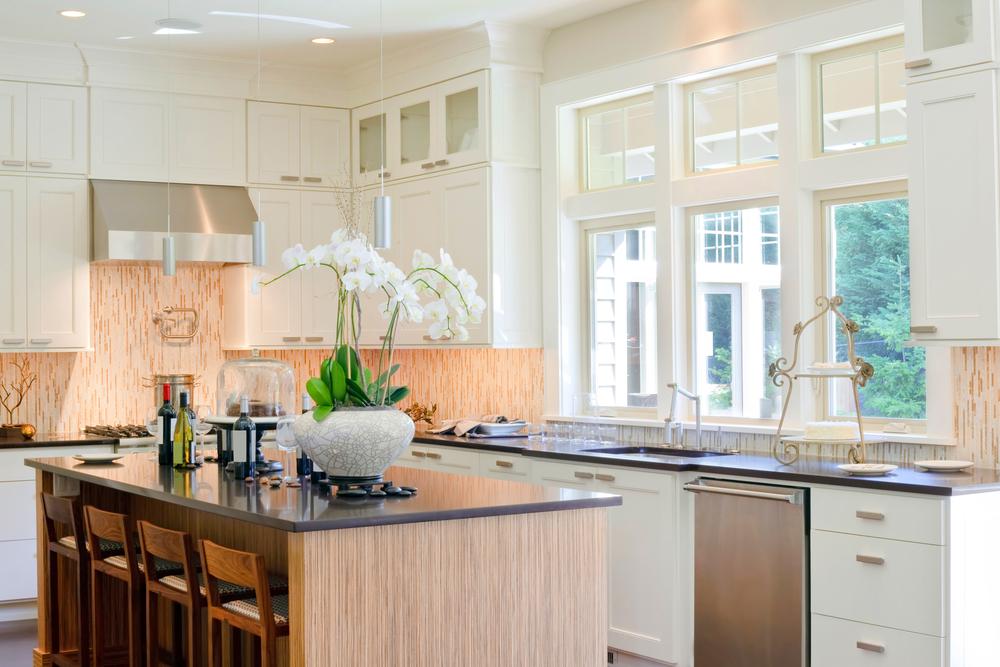Safe, sparkling kitchen countertops
Kitchens are the most sensitive to poor upkeep, quickly spiraling down into a health hazard. After all, you don’t have to be a germophobe to want clean surfaces where you handle your food. While it is easy to go ballistic with chemicals in the process of sterilizing your work surfaces, you also need to think about ensuring that those harsh chemicals don’t find their way into you or your family.
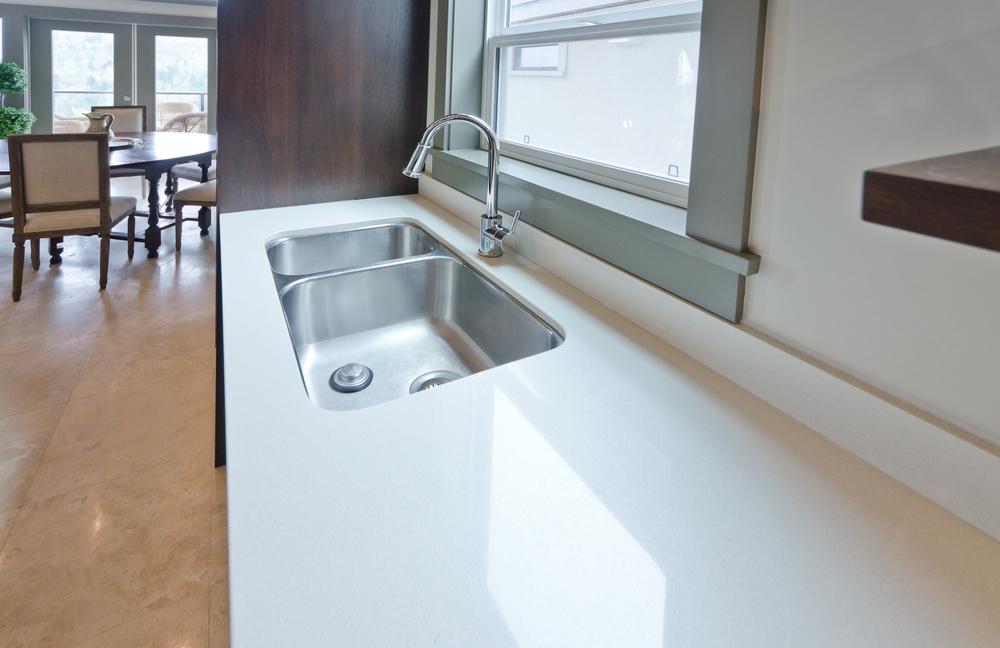
Thankfully, the balance between clean kitchens and a low or no toxic load is not hard to achieve. The secret is ensuring that you have the right surfaces, and the right cleaning agents.
First of all, get rid of plastic. Plastic surfaces including cutting boards are easily damaged by knives, and food and germ build-up inside these grooves are quite hard to clean. Use wooden cutting boards instead, as they are less prone to knife damage, and further, bacteria that get into these grooves don’t multiply, and die out in a short while.
The same is true of countertops. Wood surfaces are classy and traditional, and are easy to maintain. Use white vinegar to wipe wooden surfaces, to restore their natural dark hue and gloss.
Stones are also popular choices for kitchen surfaces, with granite, soapstone and cultured marble being top choices. Granite, especially, is highly heat-resistant, and therefore is a top choice for many kitchens. Stone surfaces are very resistant to knife damage, but small scratches can be buffed away using very fine grade steel wool.
Stones are the easiest to maintain, as the standard soap and brush is all you need. If you need a more natural option, go for baking soda and warm water, or a bit of white vinegar. Sometimes lemon juice is used in the place of white vinegar, but remember that lemon juice can leave stains in some types of stones. Dilute hydrogen peroxide will deep-clean your stone surface, ensuring that there is no germ build-up.
Another popular choice for countertops is metal typically brass or copper in the trendier homes. These can look stunning, and are heat-resistant and wonderful to work on. However, copper tarnishes easily, and if you find that your countertops are not all that gleaming anymore, don’t worry about it. All you need is some ketchup in a bowl. Dip a dish-cloth and start scrubbing the surface in small circular motions, leave for a few minutes and wipe away with warm water and a sponge the tarnish comes off instantly.
Depending on the material that has been used in your kitchen, equip yourself with the right staples, and you will always have a gleaming, squeaky-clean kitchen.
